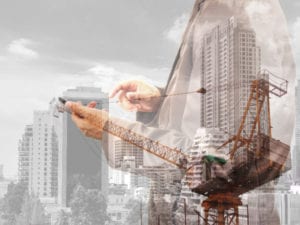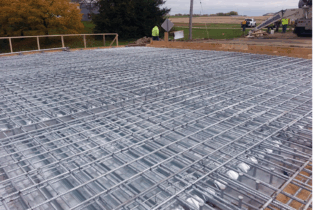The City of Johannesburg has inherited an infrastructure backlog of R300 billion, says mayor Mpho Phalatse, describing it as an emergency.
According to Phalatse, there is a massive backlog in upgrading Johannesburg’s infrastructure on years of neglect by previous administrations. The recent electricity blackout and load shedding brought out the City’s ageing infrastructure when its grit struggled to switch suburbs back on as per the scheduled times. Some areas of the City went without electricity for days before they are reconnected. Issues around the City’s power supply had been attributed to shortages of staff at City Power and ageing infrastructure and the mayor blamed Eskom for its blackouts which caused an impact on the grid, along with rising cable theft. “The power network, especially an aged one, is not designed to be switched on and off. This process puts strain on the network. At the same time, rolling blackouts signal to syndicates that steal cabling and vandalise sub-stations… so when power is restored, we often discover that theft and vandalism have occurred. “We have begun rolling out a local (JMPD and GFIS) strategy, working with SAPS, SSA, and the Hawks, to secure our critical water and electricity infrastructure. City Power is finalising its submission to the Critical Infrastructure Council to classify its assets as critical infrastructure. This will ensure necessary security and support from the national government,” Phalatse said in an interview with Media24.Phalatse said along with electricity, the City aimed at fast-tracking road, water, and sewer projects.
The City had targeted raising R1.5 billion through an investment drive and an R8 billion capital budget to help fund infrastructure development. “We are working to raise R1.5 billion to complement the R8 billion capital budget. The City currently sits with an infrastructure backlog of close to R300 billion. This is, of course, an emergency, which we are treating with the necessary urgency. Infrastructure backlogs also impact the development of the City. “Johannesburg has been neglected and without leadership for too long, so almost all aspects of infrastructure need to be attended to, including bridges, water and sewer infrastructure, electricity infrastructure, and roads. Therefore, with the budget that we have, we must prioritise urgent projects,” she told News24. Phalatse said her government, like other DA-run cities, was exploring the addition of Independent Power Producers into the City’s energy mix.






